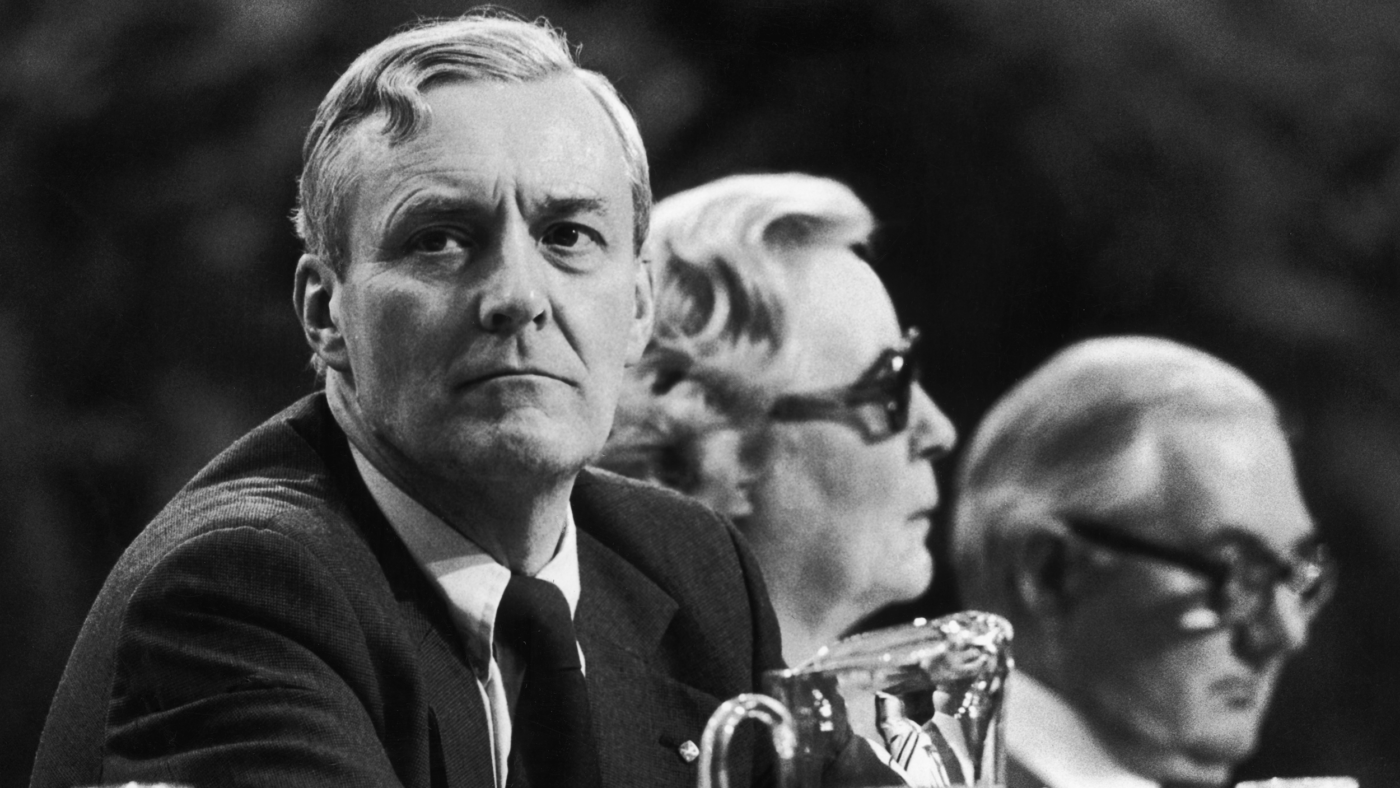The year is 1979. Britain is facing an energy crisis and looming inflation, the Conservatives have a formidable leader and meanwhile Labour are having an almighty scrap over how to elect theirs. If all this sounds wearily familiar, it’s because Labour have been having the same arguments for 40 years. Now, as Keir Starmer looks for new ways to tinker with his party’s internal democracy having been forced to back down on reintroducing an electoral college, it’s worth revisiting how the Parliamentary Labour Party first lost the power to pick their leader, because it tells us how little the left has learned.
For a leader trying to pitch himself as a moderniser, the fact that the original champion of the electoral college was Tony Benn should be a red flag (if you’ll forgive the pun). Benn made no secret of the fact that he saw this as his best route to getting the top job and making Labour a truly socialist party. He knew that Labour MPs would never vote for him, and when Jim Callaghan resigned he reluctantly decided not to contest the leadership but to wait for a ‘real’ election – that is one he thought could be manipulated to give him a chance of winning.
In typical Labour fashion a fight ensued, not only over having an electoral college in the first place but also over its composition. Moderates wanted an even split between the trades unions, the MPs and the activists but Benn and the Campaign for Labour Party Democracy (CLPD) successfully rallied the hard left behind 40% for the unions and 30% each for the parliamentary and constituency parties.
The irony is that when Benn did then stand against Denis Healey for the Deputy Leadership he failed to get enough support from the unions and lost. Had he backed a three-way split in the electoral college he would have scraped it.
Three things about this dismal period in Labour’s history are relevant to its prospects today.
The first is that they still haven’t moved on, and while they remains so hopelessly stuck in the past, Her Majesty’s Opposition has no business claiming they can govern for Britain today. It’s not just that they’re still recycling the same disputes – it’s the same people doing it. The likes of Jon Lansman, Ken Livingstone, John McDonnell and Jeremy Corbyn seem never to have got over their CLPD heyday, yet now they’re in the bizarre position of opposing the very electoral college they fought so hard for. Talk about opportunism.
The second is that Starmer should be careful what he wishes for. It’s easy to characterise the trades unions of the 80s as unreconstructed enemies of progress, but in this instance they were a pragmatic force dragging Labour back from the brink. Likewise, Starmer might wish to hand more power to his MPs right now, but he or a successor may have different calculations to make. What if the sinister nutjobs Corbyn attracted to the party return to the fringes, unions become more radical and centre-left MPs lose their seats? Trying to bend Labour into a winning shape around the current state of the left is a shortsighted move that will tie the hands of future leaders, paving the way for another four decades of this same tedious rubbish. It’s also a pathetic substitute for the sound policies and persuasive arguments which, judging by the pamphlet he published this week, Starmer is painfully short on.
The final, and most obvious, lesson from all this is that 1979 was also the year that Margaret Thatcher’s election victory kicked off 18 years of Tory hegemony and a flourishing of everything that Labour hates about free markets. The only winners from these interminable internal squabbles are the Tories.
Click here to subscribe to our daily briefing – the best pieces from CapX and across the web.
CapX depends on the generosity of its readers. If you value what we do, please consider making a donation.


